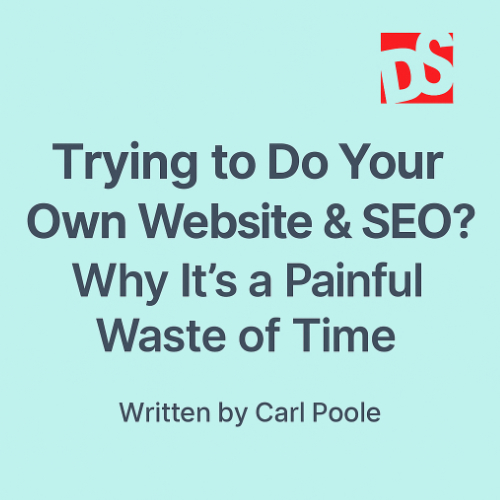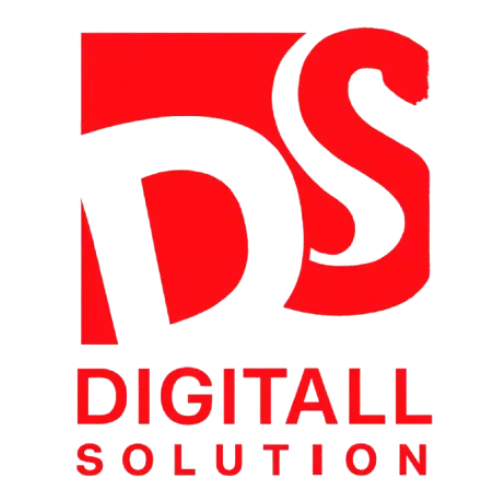Why Doing Your Own SEO Is the Most
Expensive Way to Save Money

Web | 6 November 2025 - 4 min
Why Doing Your Own SEO Is the Most Expensive Way to Save Money
We’ve all been there — staring at a new website builder thinking, “How hard can SEO really be?”
You’ve watched a few YouTube videos, read a blog or two, and suddenly you’re knee-deep in settings you’ve never heard of: MX records, SSL, CNAME, DNS, meta tags, schema markup…
Half of it sounds like a Wi-Fi password, and the other half might as well be in Morse code.
Welcome to the world of DIY SEO — where saving money often costs you more than you realise.
1. Your Time Has Value (and You’re Spending It Wrong)
Every hour you spend trying to learn SEO is an hour not spent running your actual business.
And SEO isn’t a quick study — it’s a mix of technical know-how, writing, design, analytics, and psychology.
You could spend dozens of hours just figuring out what keywords to target… only to find out you optimised the wrong pages. That’s time you never get back — and it’s not free.
2. The “Looks Good” Trap
Most business owners think SEO is about how a website looks.
But Google doesn’t see your fancy fonts or sliders — it sees structure, hierarchy, and page speed.
A site that looks beautiful to you might be completely unreadable to a search engine.
And that means no rankings, no traffic, and no return on the hours (or money) you’ve put in.
3. Tools Don’t Equal Strategy
It’s easy to believe that a keyword tool or SEO plugin will do the heavy lifting.
But those tools only help if you know how to use them — and what the data actually means.
SEO is strategy, not software.
Without the bigger picture — how Google indexes content, how backlinks build authority, how user behaviour signals rankings — all the tools in the world won’t save you.
4. Cheap Builders Cost You Later
Let’s be honest: platforms like Wix and similar DIY builders are designed for speed, not performance.
They’re fine for getting something online, but they come with:
Bloated code (slows your site down)
Limited SEO control (no schema, restricted meta editing)
Awkward mobile layouts (Google hates that)
The result? You get a website that exists — but doesn’t perform.
5. SEO Is Always Moving
Google updates its algorithm thousands of times a year.
What worked last month could hurt you this month.
When you DIY, you’re trying to hit a moving target without knowing the rules.
A professional keeps up with those changes, adapts, and protects your results before you even notice an issue.
💬 In Short
Doing your own SEO might feel like saving money — but between the learning curve, wasted time, and lost opportunities, it’s actually the most expensive way to “save.” When you hire a professional, you’re not just buying a service — you’re buying time, strategy, and confidence that your business is being seen the right way.
Ready to stop guessing and start growing?
👉 Chat with Carl today — let’s make your website work for you, not against you.
Written by Carl Poole

What i do for my clients
I help small businesses get found online and look professional doing it.
That means building fast, clean websites and setting them up properly so Google actually pays attention.
Every project starts with the basics — a site that’s secure, mobile-friendly, and easy to manage — then we layer on SEO that’s real, not robotic. I make sure your pages, locations, and blogs all work together to bring in the right visitors, not just numbers.
I don’t talk in jargon or sell “mystery marketing.” I explain what’s happening, why it matters, and what results to expect.
You’ll always know what’s being done and why — no gimmicks, just honest work that gets you seen, trusted, and remembered.
Want to see how I’d improve your site? Get a free mini audit
© DIGITALL SOLUTION (DIGITALL UK Group) - All rights reserved 2025.


